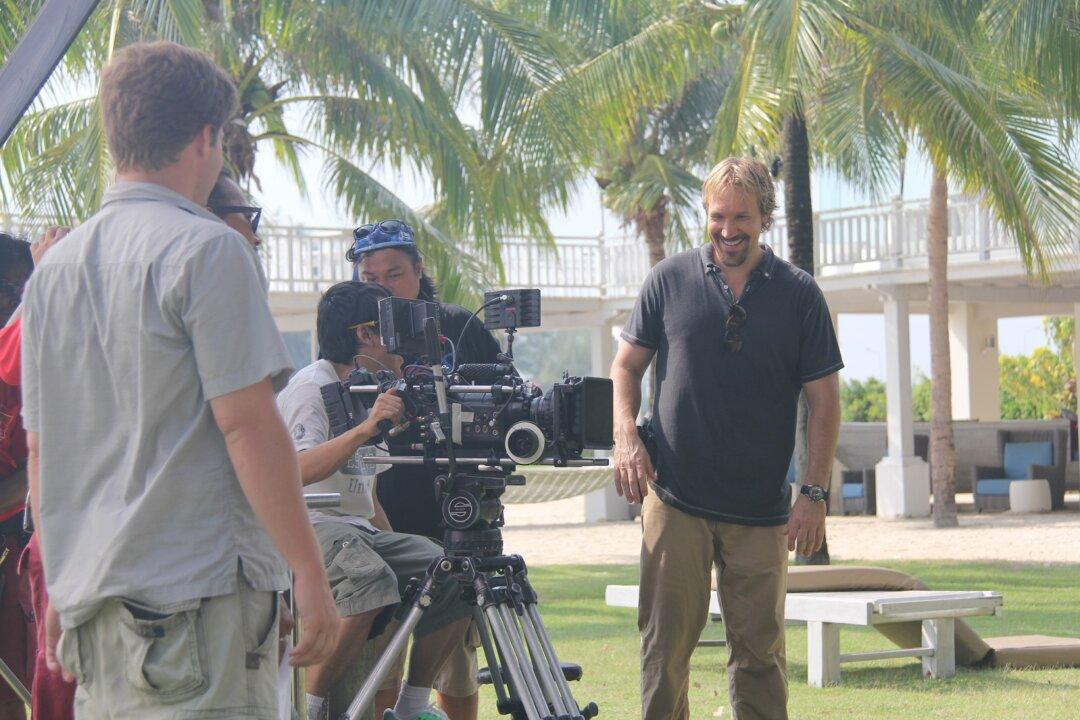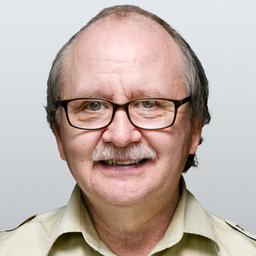“Our goal is to make films that uplift and inspire the human spirit, that ultimately bring people to higher levels of insight to who God is and the purpose that he has for their lives.”
That’s the mission statement of Pure Flix—the production company and on-demand streaming service behind the “God’s Not Dead” film franchise—as told to The Epoch Times by one of its founders, actor David A.R. White.






